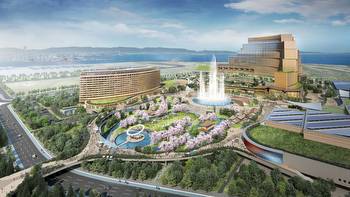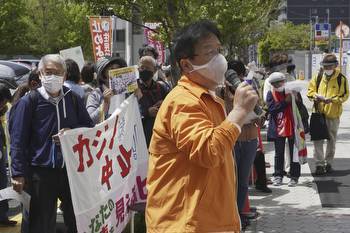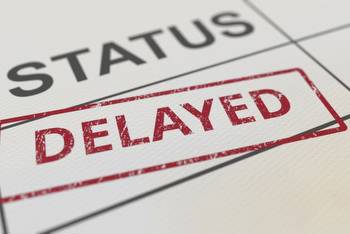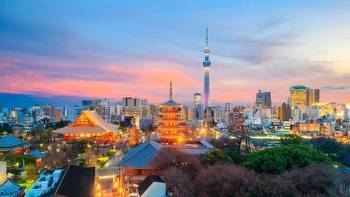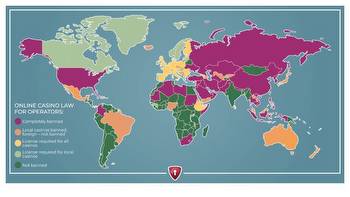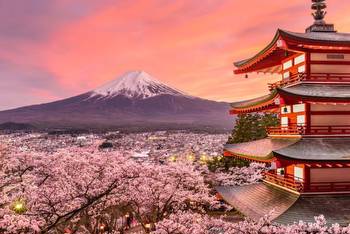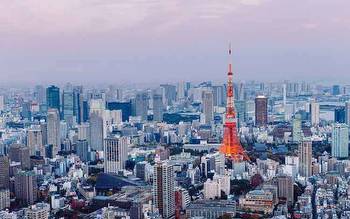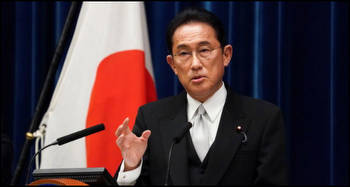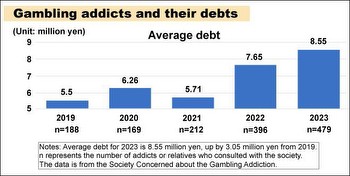Japanese Government Denies Any Plans for Gambling Reforms
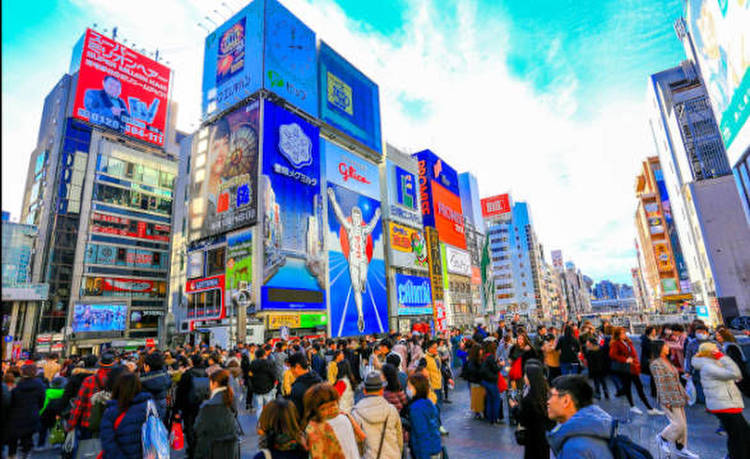
The Current Cabinet Has No Plans to Expand Sports Betting
Chief Cabinet Secretary Hirokazu Matsuno confirmed that a study group discussed the current gambling regulations in Japan and also denied any intention by the ministry to present a proposal to lift the ban on sports betting. In that, he is keeping with the Kishida administration’s general sentiment towards the gambling sector, which is marked by a distinct lack of initiative for reforms.
As of now, sports betting in Japan is very restricted. The few permitted activities are regulated by a myriad of different bodies that manage their allotted sectors and collect the associated licensing fees. Horse racing, boat races, bicycle races, auto races, soccer, and lottery are each managed by the ministry loosely associated with that activity, while pachinko parlors are regulated directly by the police. This creates a system where each ministry and agency wants to secure concessions, and any attempt to consolidate gambling under a single regulatory body will inevitably meet fierce internal resistance.
Unlike sports betting, which is at least available for some events, online gambling in the land of the rising sun is outright banned. Japan’s prime minister Fumio Kishida recently doubled down on the government’s stance that all online casinos are against the law and will be persecuted.
Kishida recently had to respond to harsh criticisms by Issei Yamagishi, an opposition councilman, regarding the state of gambling in the country. The incumbent PM held his own and noted that there were already arrests connected to illegal online casinos, and any such organizations would not be allowed to expand. He also confirmed that the government already has planned measures to combat addiction to legal gambling and noted that since online casinos are illegal, efforts in that regard are to prevent such sites rather than preventing possible addiction from them.
Integrated casinos also drew the attention of critics, but Kishida was adamant that the government would be able to regulate them effectively. This is still a moot point, though, as three of the country’s regions — Nagasaki, Osaka, and Wakayama — are still waiting for their integrated resort proposals to pass the final approval from the federal regulators amidst constant, if ineffective protests. It is highly unlikely that any of the planned venues will open before 2025.









